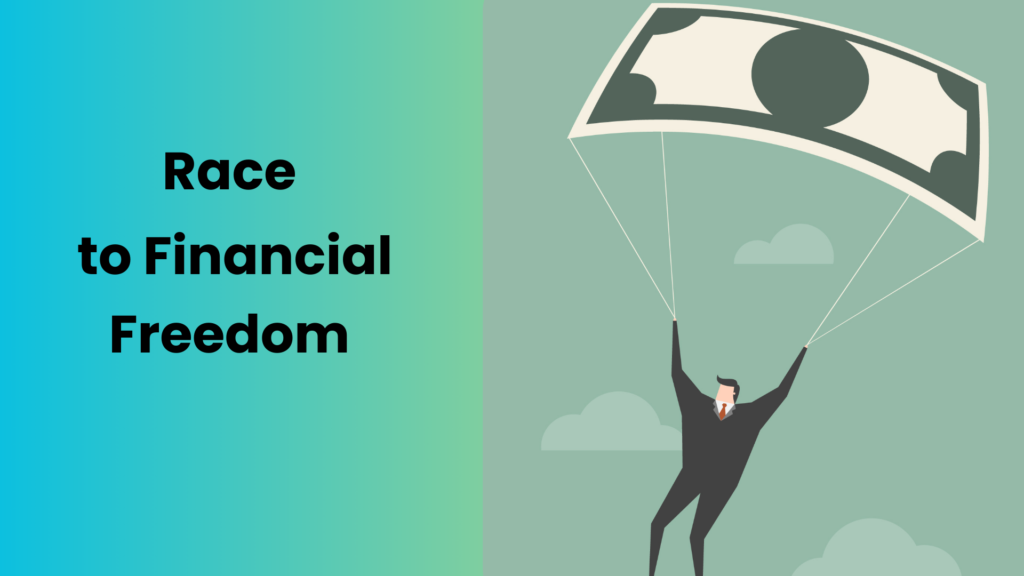Achieving financial freedom is a journey that requires discipline, commitment, and smart financial habits. Here are nine habits to help you reach financial freedom:
1. Set Clear Financial Goals
Setting clear financial goals is the foundation of financial planning. It involves identifying specific objectives, such as saving for retirement, buying a home, or building an emergency fund, to provide direction and motivation for your financial journey.
Clear financial goals serve as a roadmap, guiding your financial decisions and behaviours. They help prioritize your spending and saving, ensuring that your resources are allocated effectively towards achieving your objectives. Without clear goals, it’s easy to lose focus and drift aimlessly in your financial life.
Regularly review and reassess your financial goals to ensure they remain relevant and achievable. Monitor your progress towards each goal, tracking your savings, investment growth, and milestones reached. Adjust your goals as needed based on changing life circumstances or financial priorities.
2. Create a Budget and Stick to It
Creating a budget involves planning and tracking your income and expenses to ensure that your spending aligns with your financial goals. Sticking to a budget helps you live within your means and prioritize your spending based on your values and priorities.
A budget provides a clear overview of your financial situation, highlighting areas where you may be overspending or undersaving. It allows you to make informed decisions about where to allocate your resources, helping you avoid debt, build savings, and work towards your long-term goals.
Regularly review your budget to track your actual spending against your planned budget. Identify any discrepancies or areas where you may be overspending and adjust your budget accordingly. Monitor your progress towards your savings goals and make adjustments as needed to stay on track.
3. Pay Yourself First
Paying yourself first involves prioritizing saving by setting aside a portion of your income before paying for other expenses. This habit ensures that saving becomes a non-negotiable expense and helps you build a financial cushion for the future.
By paying yourself first, you prioritize your long-term financial security and goals over short-term spending. It helps cultivate a savings mindset and ensures that you consistently allocate resources towards building wealth and achieving financial freedom.
Monitor your savings contributions to ensure that you’re consistently paying yourself first. Automate your savings transfers to make it easier to stick to this habit. Regularly review your savings accounts to track your progress towards your savings goals and adjust your contributions as needed.
Also read: A Salary loan in Kenya
4. Live Below Your Means
Living below your means involves spending less than you earn and avoiding lifestyle inflation. It requires discipline and conscious decision-making to prioritize savings and investments over unnecessary expenses.
Living below your means is essential for building wealth and achieving financial freedom. It allows you to save and invest more, increasing your financial security and flexibility. By avoiding excessive spending, you reduce financial stress and increase your ability to weather economic downturns or unexpected expenses.
Regularly track your spending and expenses to ensure that you’re living below your means. Identify areas where you can cut back or reduce expenses to increase your savings rate. Monitor your debt levels and avoid taking on unnecessary debt that could hinder your ability to live below your means.
5. Invest Wisely for the Long Term:
Investing wisely for the long term involves allocating your resources into assets that have the potential to grow in value over time. It requires understanding your risk tolerance, diversifying your investments, and adopting a disciplined approach to investing.
Investing is essential for building wealth and achieving financial freedom. It allows your money to work for you, generating returns and compounding over time. By investing for the long term, you can harness the power of compound interest and grow your wealth steadily over time.
Regularly review your investment portfolio to ensure that it remains aligned with your financial goals and risk tolerance. Monitor the performance of your investments and make adjustments as needed to optimize your returns. Stay informed about market trends and economic developments that could impact your investment strategy.
By adopting these nine habits and consistently implementing them in your financial life, you can set yourself on the path to achieving financial freedom and enjoying greater control over your financial future.
